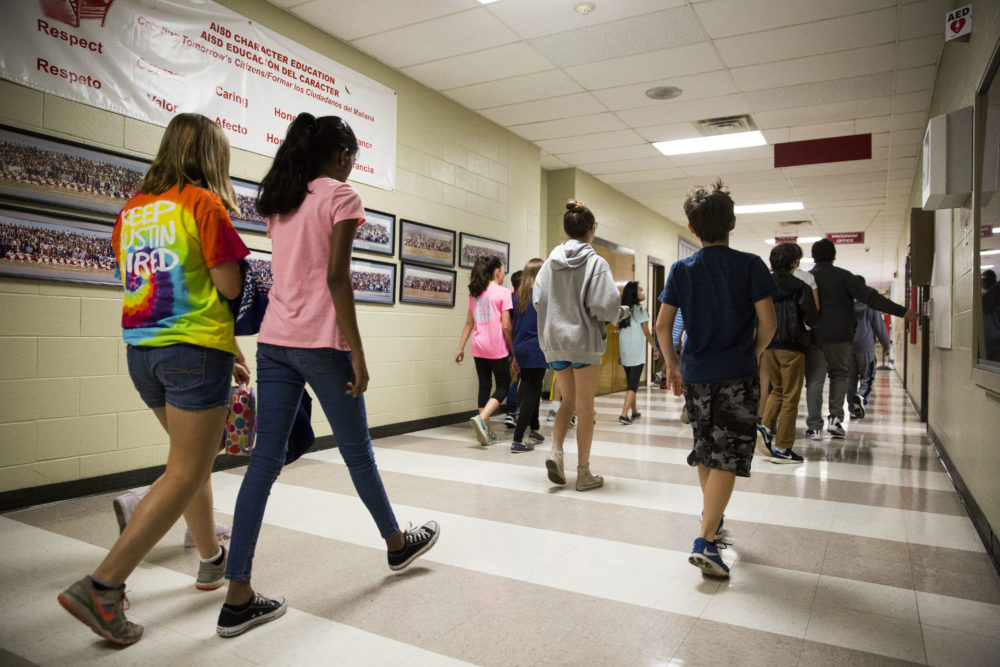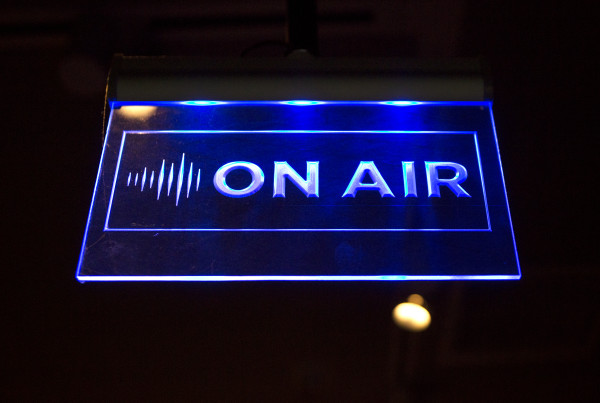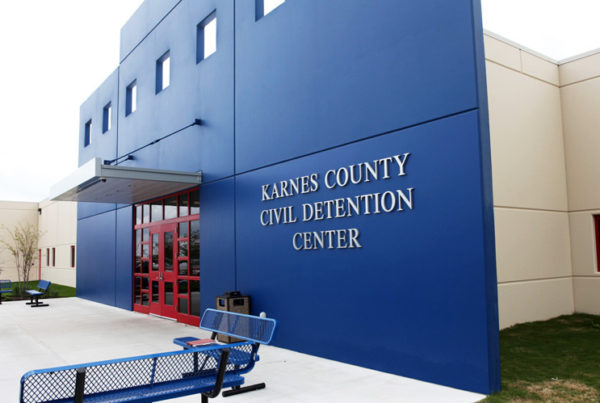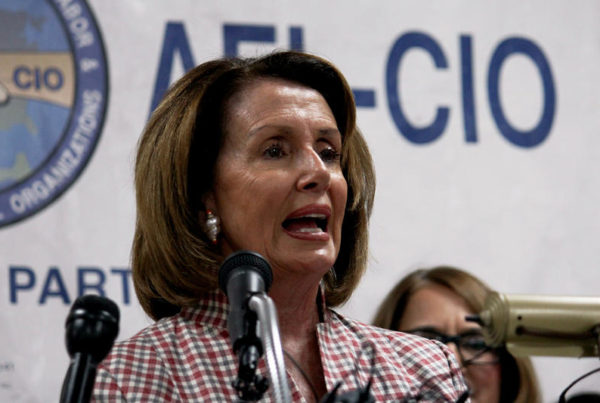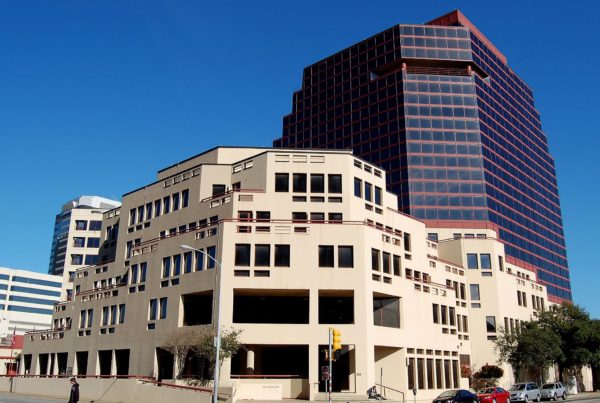From Texas Station Collaborative:
The legislative session just ended this week, and, after 140 days of proposals, politicking, and press conferences, we’re catching up on what actually passed and how it will change Texas.
Perhaps the biggest disappointment of Texas’s 85th Legislature was the demise of a bill that would have added more than half a billion dollars in funding for the state’s public schools. But a lot of lawmaking did happen on the education front, and reporters from across the state are bringing us the highlights.
Stopping suspensions of Texas’s youngest students
House Bill 674 bans out-of- school suspensions statewide for pre-K through second graders except in cases involving drugs, weapons, or violence. It’s now awaiting the governor’s signature.
Some urban school districts like Austin’s have already banned the practice among its youngest students. Dallas will implement its own policy next school year.
“Our youngest children need to be in school and need to be disciplined in a way that allows them to continue to be educated, as opposed to being in the environment that contributes to their behavior,” said Rep. Eric Johnson (d-Dallas), making the case for his bill on the House floor.
Jalen Hemphill is a coordinator for AVID, the college readiness program at L.V. Stockard Middle School in Dallas.
The school changed their suspension policies, and added what’s known as ‘restorative practices.’
“Maybe a couple of Fridays out of the month or imbedded within a lesson, we would do our restorative circles,” says Hemphill. “We made sure we had a contract, where each classroom had a contract between the teacher and student on what behaviors were expected and what the students expected of the teacher as well so there was that level of trust that we could all work from.”
He says since then, Stockard’s reduced not only the number of suspensions, but also the number of repeat kids getting suspended.
With that result, proponents hope those kinds of policies can also reduce suspensions among younger students.
Last year, 26,000 students in Texas between three and seven-years-old were suspended from school.
An end to ‘lunch shaming’
Rep. Helen Giddings (D-DeSoto) overcame major challenges this session before lawmakers finally passed her legislation to reform public school ‘lunch shaming.’ That’s when schools take a meal away from a student if the student’s account balance has reached zero. Sometimes that means throwing the food out and leaving students hungry and humiliated in front of classmates.
Giddings explained lunch shaming to her fellow lawmakers by sharing a painful letter she received from a teacher who witnessed it firsthand.
“One of my four-year-olds slid her meal tray down to the cashier in order to pay for her meal,” she read. “But instead what she heard was an emphatic ‘You have no money’ followed by the removal of her meal tray. The student then sat at the table assigned to her class and was inconsolable.”
Opponents of the bill, like Freedom Caucus member Jonathan Stickland, said it will cost schools money. The bill died in the House.
But Giddings wasn’t done yet. She figured, there’s more than one way to pay a lunch bill. She partnered with Feeding Texas to create a public crowdfunding website for donations.
Ultimately the bill did make it through the legislature last week. Giddings attached it as an amendment to a Senate bill that did made it to Governor Abbott’s desk. Now schools will have a grace period policy that will give students more credit or allow a negative balance on their account.
Higher education does better than expected
Texas universities spent much of the 85th Legislative session under the threat of steep funding cuts. In the end, they managed to dodge them, but at a cost to students.
Between 2003 and 2016, tuition and fees climbed nearly 150 percent. Lt Gov. Dan Patrick responded at a press conference in April of last year, saying, “This has to end. People did not send us here to Austin to allow our universities to raise tuitions five times higher than their salaries.”
Enter Senate Bill 19. The bill would have frozen tuition and fees at state schools for the next four years. With revenues down, there was a strong expectation the budget would slash state spending on higher education as well. The combined effect could have proved devastating for college finances.
“I think the higher ed institutions came out much better than they had anticipated they might,” says Rep. Donna Howard (D-Austin), who sits on the House higher education committee. She’s pleased that SB 19 died in the House. And she notes that, in the end, the budget included a slight increase for higher ed spending, particularly for community colleges.
“Overall, though, we are still funding all of our higher education institutions at a lower level than previous high-water marks,” Howard says.
And if schools are relieved, students now have even more reason to dread their next letter from the billing office.


